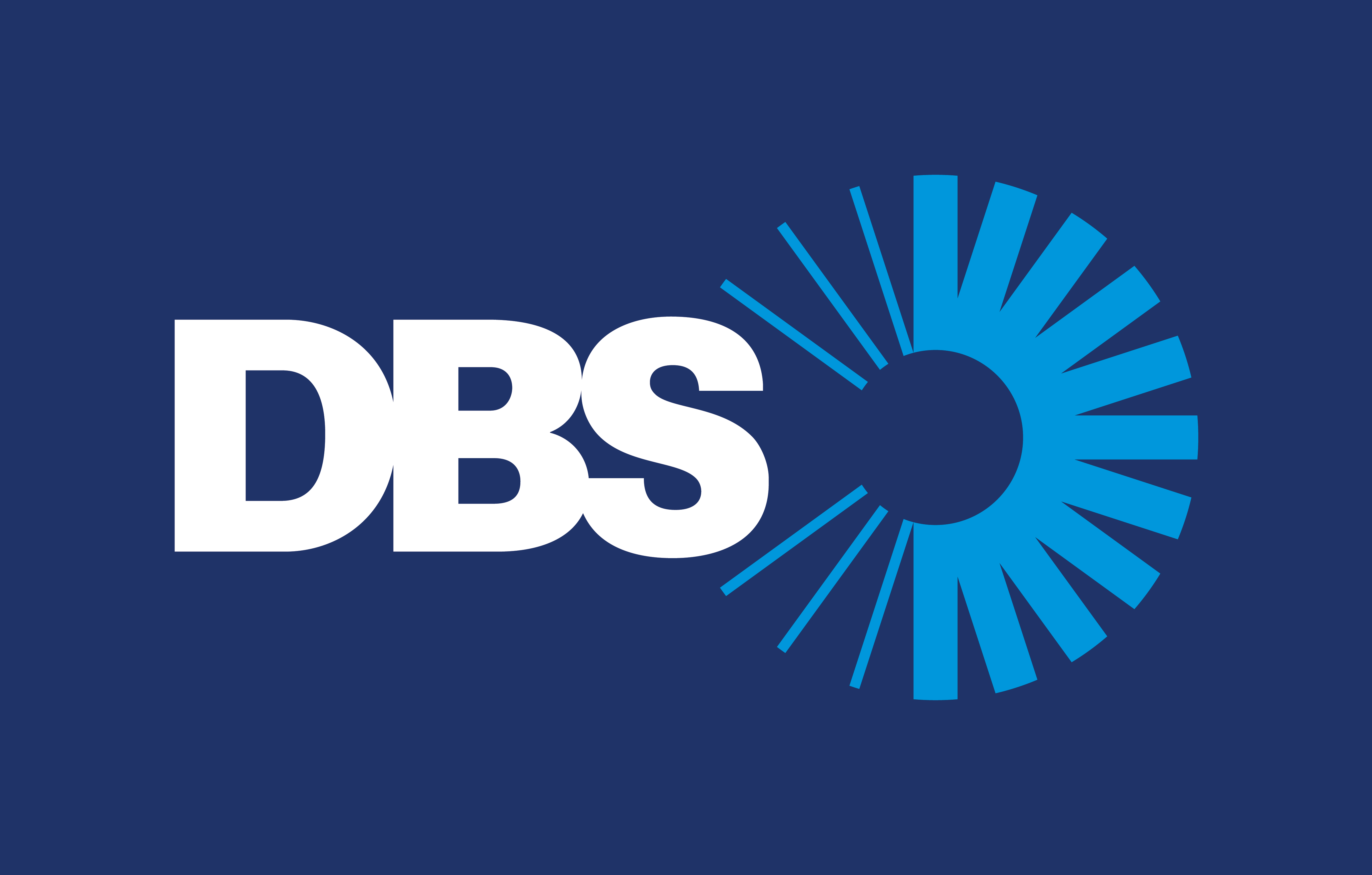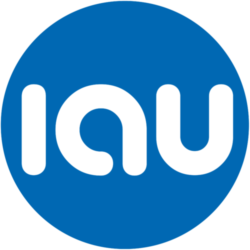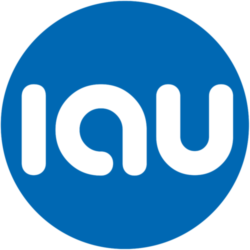About
The MSc in International Accounting and Finance is a one year full-time or two years part-time programme. This broad programme with an integrated delivery from end‐to‐end covering a range of skills applicable to a wide range of accounting and finance functions. The programme aims to develop learners' knowledge of the theory and practice necessary for them to secure employment and perform in a variety of areas in a broad range of companies. The programme focuses on practical skills in core areas such as the role of capital markets, quantitative financial modelling, treasury risk management, international financial reporting, and advanced financial management. Its aim is to create a critical understanding of core accounting, financial, and quantitative principles whilst also enhancing the practical technical skills of the learners.
Apply Now
Dublin Business School
Main campus: Dublin, Ireland2001–2500+
Dublin Business School
Key information
Duration
Full-time
1 year
Start date & application deadlines
Starting Date
April, October, February
August, December, March
Language
English
Credits
36 credits
Delivered
On Campus
Campus Location
Dublin, Ireland
Disciplines
Business & Management
Explore more key information Visit programme website
Overview
The MSc in International Accounting and Finance is a one year full-time or two years part-time programme. This broad programme with an integrated delivery from end‐to‐end covering a range of skills applicable to a wide range of accounting and finance functions. The programme aims to develop learners' knowledge of the theory and practice necessary for them to secure employment and perform in a variety of areas in a broad range of companies. The programme focuses on practical skills in core areas such as the role of capital markets, quantitative financial modelling, treasury risk management, international financial reporting, and advanced financial management. Its aim is to create a critical understanding of core accounting, financial, and quantitative principles whilst also enhancing the practical technical skills of the learners.
Programme Structure
The specific programme aims and objectives are as follows:
-
Enable learners to develop in-depth knowledge and analytical skills in current and evolving disciplines of international finance and accounting.
-
Provide learners with a systematic knowledge of the organisational and regulatory context of international accounting and finance.
-
Facilitate the learners’ development and application of skills and attributes that are complementary and relevant to the contemporary workplace.
-
Identify and develop autonomous learning skills for the learner.
-
Develop in the learner a contextual understanding of evolving financial and economic trends and technologies.
-
Enable the learner to identify, develop and apply detailed analytical, creative, problem solving and research skills.
-
Provide the learner with a comprehensive platform for career development, innovation and further study.
Overall, the programme aims to create in learners, a critical understanding of international accountancy and finance issues, developing learners’ understanding of the demands of the changing environment through up-to-date and in-depth knowledge of the core and subfields of international accountancy and finance whilst also providing valuable and necessary practical skills in this field.
Academic requirements
Here is grading score requirements for this programme.
English requirements
Tuition Fee
Here’s what we charge for tuition.
The living costs include the total expenses per month, covering accommodation, public transportation, utilities (electricity, internet), books and groceries.
Scholarships Information
Visa information
Student Visas for Ireland
Are you from Bangladesh? You might need a student visa…
Don’t worry, everything is ok. We’re on it, and we’re doing all we can to make your search for the right international degree in Ireland a little easier and more enjoyable. Still, while we’re catching up, you can always beat us to it and:
Check if you really need a student visa.
Since you’re from Bangladesh and planning full-time academic study in Ireland, yes — you’ll definitely need a Long Stay (D) Student Visa.
Start exploring the Irish visa process.
For Bangladeshi applicants, student visas are processed through Ireland’s official visa application system. You’ll likely apply online, but you’ll also need to submit physical documents and possibly attend an interview or biometric appointment.
That’s where all the latest and most reliable information lives. Bookmark it, read it, reread it.
Check the deadlines.
The visa process can take several weeks — sometimes longer.
Missing a step or delaying your application could mean missing the start of your semester — and that’s not the kind of twist you want in your study-abroad story.
Go on a paperwork treasure hunt.
Make sure you have all the essentials, such as:
-
Valid passport
-
Letter of acceptance from an Irish institution
-
Proof of tuition fee payment or deposit
-
Completed visa application form and summary
-
Passport-size photographs
-
Proof of accommodation in Ireland (or explanation of arrangements)
-
Proof of financial support (minimum €7,000 for living expenses)
-
Academic transcripts and certificates
-
English language test results (usually IELTS, TOEFL, or equivalent)
-
Medical insurance valid in Ireland
-
Statement of purpose or motivation letter
-
Details of any previous visa refusals (if applicable)
Start saving up.
You’ll need to prove you can support yourself financially during your stay.
That includes tuition fees, living costs, visa fees, travel, and any day-to-day expenses. It’s a good idea to prepare financial documents early — bank statements, sponsor letters, etc.
Boost your English skills.
Most programmes in Ireland are taught entirely in English.
Strong English skills will help you with the application, the visa process, your studies — and life in Ireland. You’ll likely need to pass a test like IELTS or TOEFL, depending on your course.
All in all…
Getting your Irish student visa might seem like a lot — but it’s one important step toward a bigger, brighter adventure.
Take it one step at a time. You’ve got this.
Thanks, and good luck!
Work Permit
Find out all you need to know about work permit regulations for working part-time (during studies) and full-time (after studies) in Ireland.
Work while studying in Ireland
If you’re an international student, you may need to follow specific work conditions depending on your visa type, course level, and registration status.
|
How can I apply?
Work rights are automatically granted if:
|
Application requirements
|

Duration of work permitYour right to work in Ireland remains valid as long as:
|
Maximum hours of work per week
|
Required documents
|





